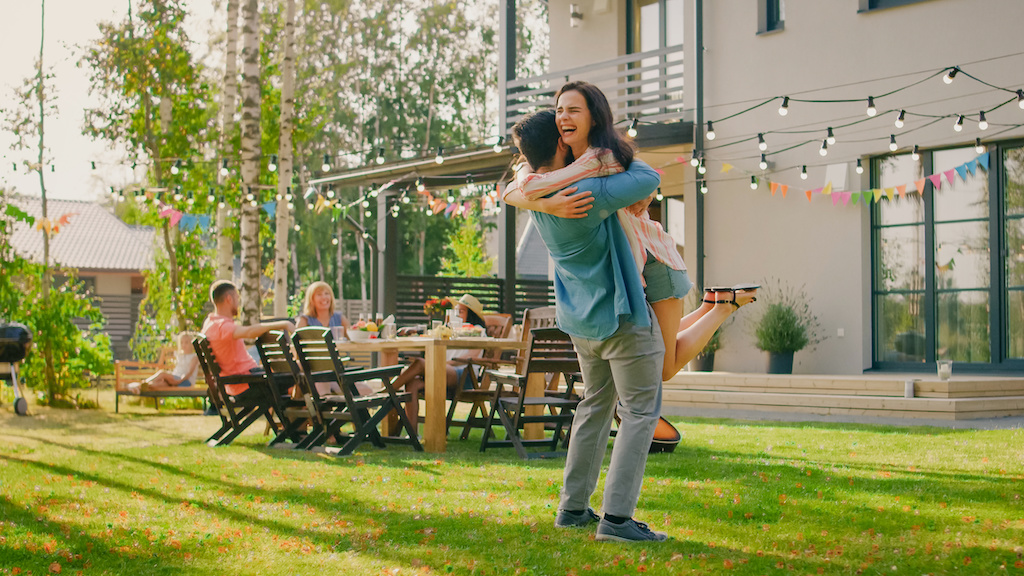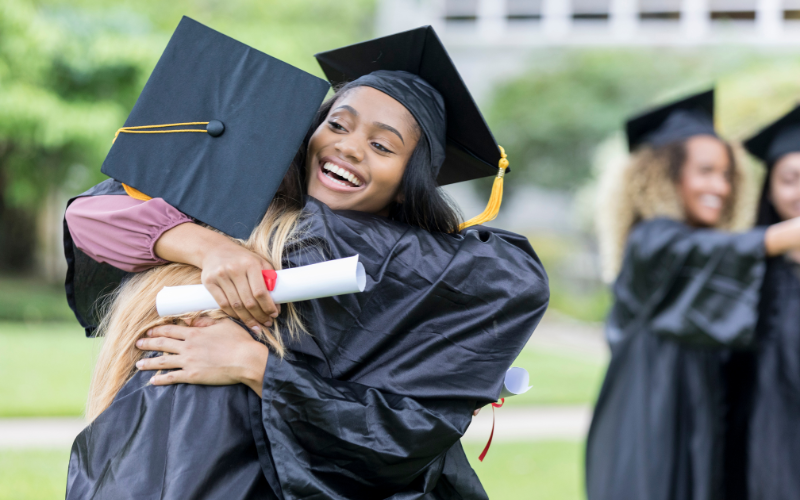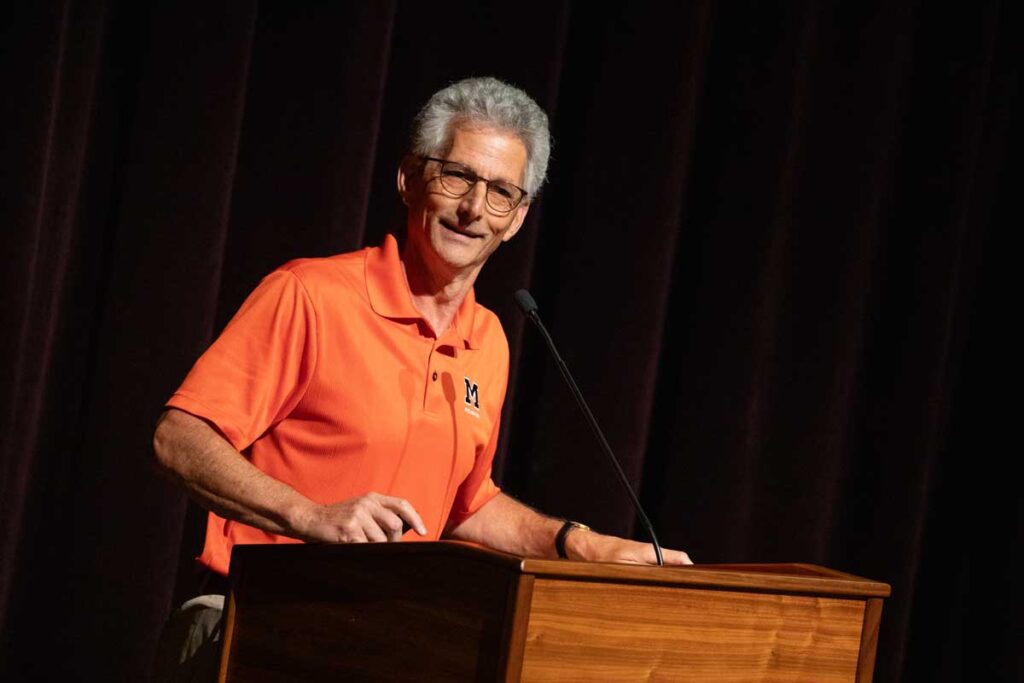With the number of COVID-19 infections decreasing thanks to masking and vaccinations, many governors have released the mask usage and other restrictions that kept many of us at home since last March.
The airlines are still requiring masks during flights, except for times when people are eating or drinking. Given that none of the airlines are keeping seats open anymore, that’s a good thing.
Most colleges and universities have announced plans to return to campus in the fall, and a large number are requiring students, faculty, and staff to be vaccinated. My daughters are college athletes and are hopeful that this season will be as open and uninterrupted as the 2018-2019 season was.
We are big sports fans in my family. In addition to my daughters’ college events, we try to attend as many Baltimore Ravens and Duke basketball homes games as we can fit in our schedules.
We also enjoy dining out, whether it’s at home in Austin or throughout our travels. Over the past year when we visited restaurants that were open during the COVID-19 pandemic, we visited those with outdoor dining as much as possible. When it was too cold to dine out, we ordered carryout meals when available.
While COVID-19 cases are declining in the U.S., we know that’s not the case everywhere. As long as the virus is active, it can mutate (and it has). With a number of countries now opening their borders to tourists, it’s possible that a mutated strain can infect those who have been vaccinated. That’s one of the reasons why the drug manufacturers are working on booster shot vaccines.
I am glad that the airlines continue to require masks. Even if they don’t at some point, I think there are many people who will continue to wear them, including me.
I think the colleges requiring vaccinations in the fall are on the right track. Sadly, that’s not the opinion of some of the state legislatures and governors who have decreed (or passed laws) disallowing public institutions to require vaccinations. The private institutions in those states, at least, are free to implement the requirement. I would hope that public institutions not allowed to implement a vaccination requirement would find an accommodation that could satisfy the politicians as well as minimize the infection spread potential.
I’m also not a fan of using the “honor system” for events or other situations where vaccinations are required. I have my CDC vaccination card that I received and carry it with me in my wallet. Just in case I lose it or it wears out, I have a picture of it on my mobile phone. If people are concerned that a vaccination ID is the first step to a “big brother” form of government, then ask people for proof of vaccination. The honor system is not good enough for me.
If all of the sports teams planning to resume normal attendance this fall and winter required season ticketholders to submit proof of vaccination, I’m sure those ticketholders wouldn’t mind an ID identifying them as such (I have such an ID for the Ravens and assume most NFL teams have similar IDs for their season ticketholders). Non-season ticketholders would have to show proof of vaccination in order to gain entry. I bet someone could develop an app for that.
COVID-19 is still a serious problem and should not be taken lightly. I know people who died from it and people who tested positive with no serious consequences. I also know people who were very sick for a while but are back to normal and a few people who have what is referred to as “long-term COVID.”
My family hosted a party celebrating my mother’s 90th birthday last weekend. Between 60 and 70 people attended, most of whom had been vaccinated.
Because it was held outdoors, none of the attendees had traveled overseas recently, and I was vaccinated, I was not overly concerned. However, that was 70 people that I mostly know, not 70,000 people at an NFL football game or 105,000 at one of the mega college football stadiums.
We’ve worked too hard to get to this point. It feels great to shake hands and hug people that we haven’t seen in a year or so. Let’s ask those who host potential super-spreader events to find ways to reduce the risk so that this COVID-19 pandemic does not return. The consequences should be unacceptable to all of us. None of us want to return to work from home status, and no one should want to be ill with a COVID diagnosis.











